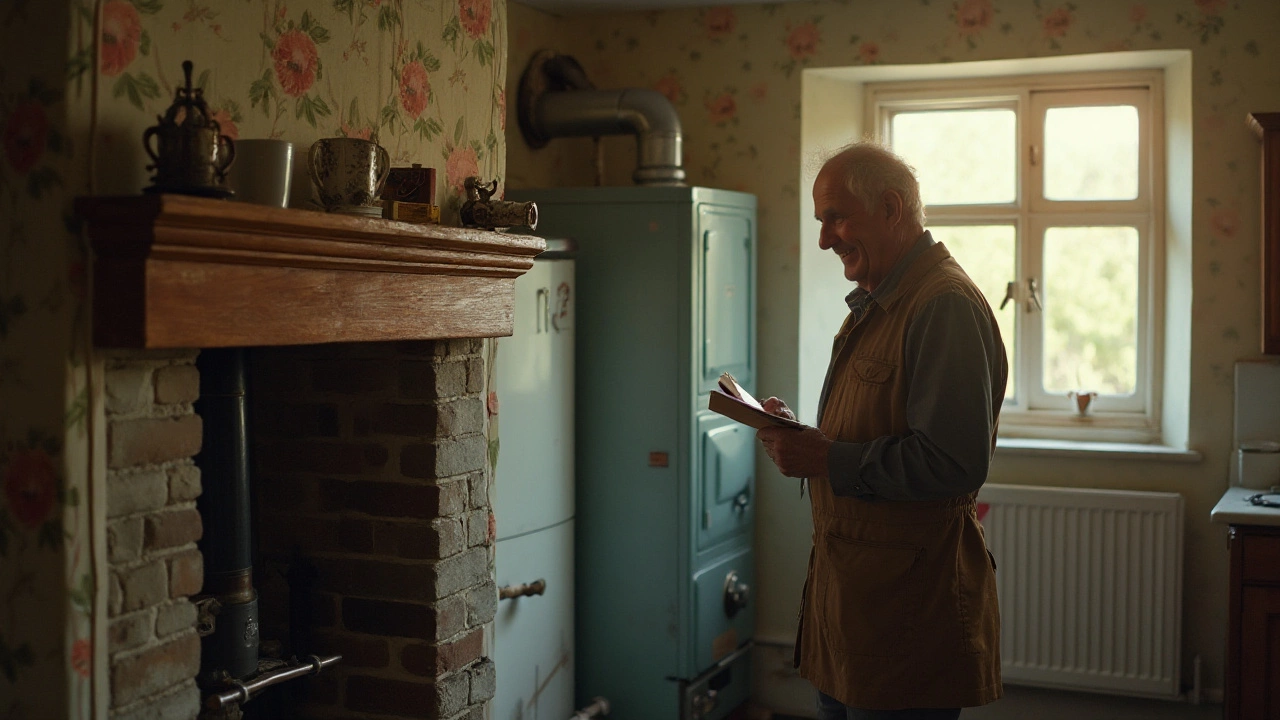Repair Costs: How Much Should You Expect to Pay?
Thinking about getting your washing machine, fridge, or oven fixed? The first thing on anyone’s mind is the price tag. Below you’ll get straight‑forward numbers, the reasons those numbers move, and tips to keep the bill low.
Typical Prices for Popular Appliances
For a standard front‑loading washing machine, a typical repair runs between £70 and £150, mainly depending on whether the pump or motor needs swapping. A fridge compressor issue usually lands in the £120‑£250 range because the part itself can be pricey.
Oven repairs vary a lot. A simple heating element replacement often costs £80‑£130, while a broken thermostat or electronic board can push the price up to £200‑£300. Boilers tend to be on the higher side; a faulty valve or heat exchanger can mean a bill of £150‑£400.
Smaller jobs like fixing a microwave door latch or a blown fuse typically sit under £80, while a full‑service on a dishwasher can range from £90 to £180. These figures are averages for the Glastonbury area, but they give you a solid baseline.
Factors That Change the Price
Age is a big one. The older the appliance, the more likely it needs multiple parts, which adds up quickly. A 10‑year‑old dryer might need a new drum belt and a thermostat, doubling the labour time.
Labour rates also differ. Some trades charge £45‑£60 per hour, while specialists with niche knowledge may charge a bit more. If you need an emergency call‑out outside normal business hours, expect a premium of £30‑£50.
Part availability matters too. Common parts are cheap and easy to find, but rare components—like a specific heat pump motor—can take days to order and cost extra. Always ask if the technician can source the part locally or if you’ll need to wait.
Location plays a subtle role. Rural calls sometimes include travel fees, usually £10‑£20, whereas city jobs often have that cost built into the labour rate.
Finally, the complexity of the fault influences price. Diagnostics can add £30‑£50, especially if the problem isn’t obvious. A clear error code on a modern oven can save you money, but a mystery issue will require more time.
So, should you repair or replace? If the repair cost is less than 50% of a brand‑new unit and the appliance is under 8‑10 years old, fixing it usually makes sense. For expensive major components—like a fridge compressor—compare the repair quote with the price of a new, energy‑efficient model. Newer units often have better warranties and lower running costs.
Here are a few quick tips to keep costs down: get at least two quotes, ask if the part used is new or refurbished, and check if your warranty or insurance covers any of the work. Some local shops also offer free diagnostics, so it’s worth calling around.
If you’re in Glastonbury and need a reliable, fairly priced fix, our team at Glastonbury Appliance Repair Services can give you a clear, upfront quote and get the job done right the first time.

Discover the Costliest Washing Machine Parts to Replace
Repairing a washing machine can sometimes be more costly than anticipated, especially if it involves replacing an expensive part. Recognizing which components demand higher repair costs can save you from sudden financial surprises. This article sheds light on the priciest parts of a washing machine, explores why they are costly to replace, and provides tips on maintenance to prolong their lifespan. Being well-informed empowers homeowners to make better decisions.

Should You Repair or Replace Your Boiler? Tips and Insights
Deciding whether to repair or replace a boiler can be daunting. Factors such as age, efficiency, and the cost of current repairs need consideration. Regular maintenance can extend the life of your boiler, but there are times when replacement becomes the more economical and safer choice. This article will guide you through the critical aspects to consider, helping you make an informed decision.